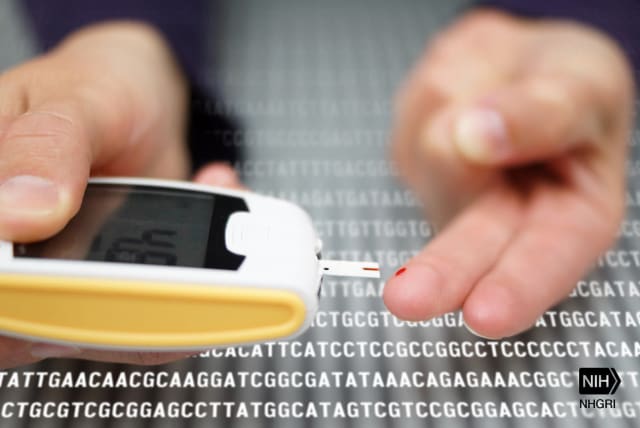Trauma in childhood could lead to type 2 diabetes in adulthood - study

Researchers suggest that interventions to reduce the impact of childhood adversity could also prevent the development of type 2 diabetes in some cases.
Kids who face more adversity during childhood may have a higher risk for type 2 diabetes in early adulthood, according to a new study published earlier in April.
The research, published in peer-reviewed Diabetologia (the journal of the European Association for the Study of Diabetes), looked at over 1.2 million Danish individuals born in 1980 through 2001 and found that there was an increased likelihood of type 2 diabetes in the group with high rates of adversity compared with the low adversity group for both genders. The study defines adversity as poverty or parental long-term unemployment, death or threat of death of a parent or sibling, and family dynamics such as parental mental illness, alcohol abuse or foster care placement.
The team found that the relative risks of developing type 2 diabetes following childhood adversity were lower among women than men across all groups. The findings led to 36.2 more cases of type 2 diabetes per 100,000 person-years for men and 18.6 more cases among women over a mean 11-year follow-up.
The study defines early adulthood as age 16-38, adjusted for parental origin, maternal age at birth, parental diabetes, and year of birth.
Because the study analyzed only teens and young adults, researchers noted it's possible that some cases of type 1 diabetes got counted in the mix, which was a limitation of their study. The researchers noted that their findings could be used to prevent type 2 diabetes cases from presenting in young adulthood through early interventions reducing or even eliminating the fundamental causes of childhood adversity.
How common is type 2 diabetes?
Type 2 diabetes is caused mostly lack of regular exercise and a diet containing too much sugar and other simple carbohydrates. There are approximately 600,000 Israelis who have been diagnosed with it.
Type 2 was first diagnosed in children and adolescents in the early 1990s, coinciding with an increase in the rate of obesity.
Since then, the number of cases of youth-onset type 2 diabetes has also increased worldwide, paralleling the rise in pediatric obesity.
Its incidence in Israel increased significantly from 0.63/100,000 in 2008 to 3.41/100,000 in 2019 and presents a unique profile, according to a comprehensive national study conducted in July by Rambam Health Care Campus researchers which shows a worrisome increase in type 2 diabetes in children and adolescents.
Judy Siegel-Itzkovich contributed to this report.
Jerusalem Post Store
`; document.getElementById("linkPremium").innerHTML = cont; var divWithLink = document.getElementById("premium-link"); if (divWithLink !== null && divWithLink !== 'undefined') { divWithLink.style.border = "solid 1px #cb0f3e"; divWithLink.style.textAlign = "center"; divWithLink.style.marginBottom = "15px"; divWithLink.style.marginTop = "15px"; divWithLink.style.width = "100%"; divWithLink.style.backgroundColor = "#122952"; divWithLink.style.color = "#ffffff"; divWithLink.style.lineHeight = "1.5"; } } (function (v, i) { });

